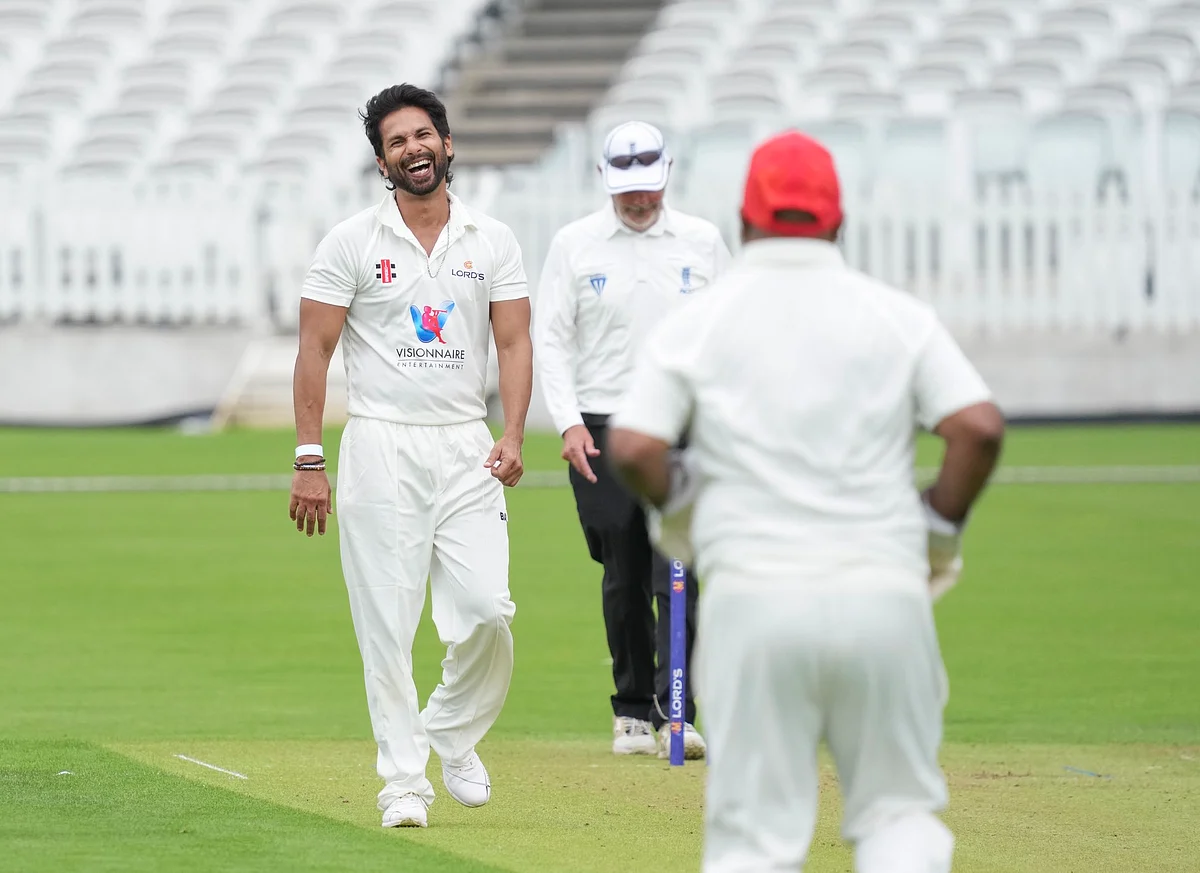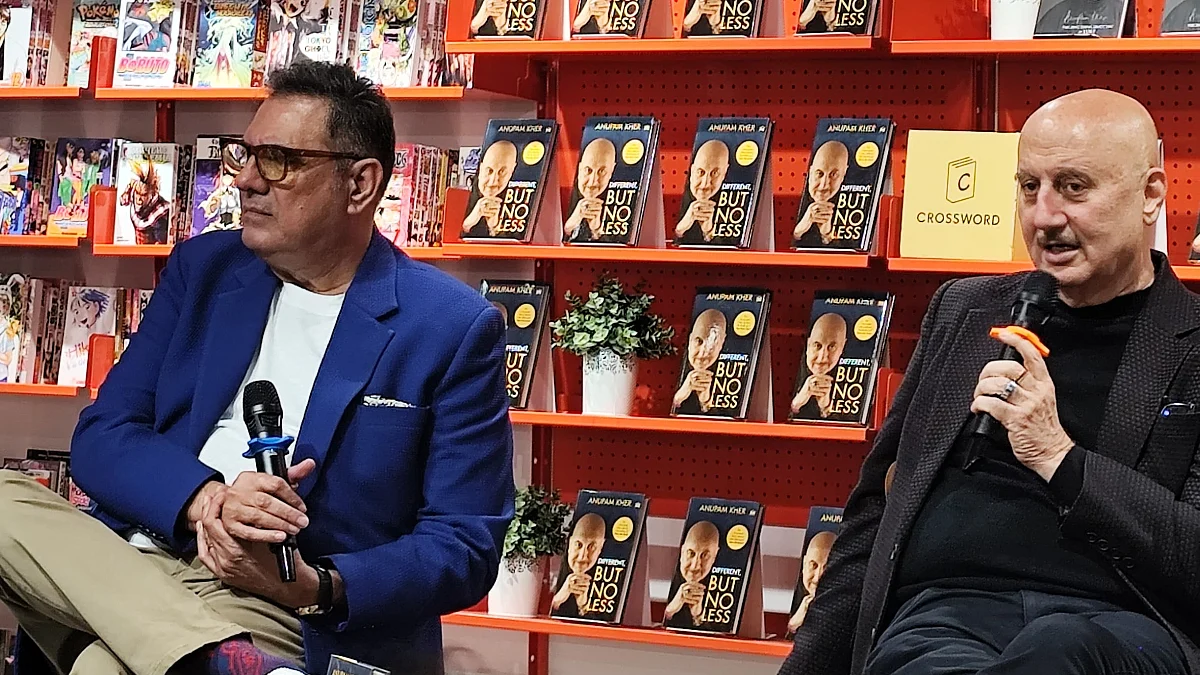Palghar, Maharashtra: In a rare and remarkable medical triumph, a 35‑year‑old man made a near to complete recovery at Wockhardt Hospitals, Mira Road, after enduring a cardiac arrest that lasted an astonishing 90 minutes. The incident began elsewhere during a routine Percutaneous Nephrolithotomy (PCNL) when he suddenly developed severe bradycardia followed by full cardiac arrest.
When he arrived at Wockhardt, he was in dire condition, bleeding heavily (exsanguinated), severely hypotensive, coagulopathic, and reliant on multiple vasopressor medications. His organs were failing: acute kidney injury, liver dysfunction, cardiac failure, and hypoxic brain injury with continuous seizures posed an overwhelming crisis.
Over subsequent days, the patient’s organs began to recover. Seizures subsided. Most remarkably, he regained consciousness, fully alert and oriented, with no major neurological deficits. “A Barthel Index above 90 shows he regained nearly complete independence,” Dr. Pai added.
The man now lives independently, experiencing only mild memory issues. “This is nothing short of a miracle,” said Dr. Pai. “When specialties collaborate seamlessly and act swiftly, even the bleakest scenarios can lead to real hope.”
Putting It in Perspective
Survival from prolonged cardiac arrest is exceptionally rare. Even in hospital settings, survival to discharge after in‑hospital cardiac arrest hovers around 20‑22% . For cardiac arrests outside hospitals, survival is closer to 10% or less .
Every minute counts. Survival rates drop roughly 10% for every minute without CPR or defibrillation . In this case, 90 minutes of continuous CPR and advanced care defy typical prognoses.
Neurological outcomes matter. Survivors of prolonged cardiac arrest often suffer cognitive impairment. Recovery in this case to near-normal neurological function is exceedingly uncommon and underscores the quality of post-resuscitation neurocritical care.
Advances in post-resuscitation care help. Innovations like controlled hypothermia (therapeutic cooling) and extracorporeal life support (e.g. ECMO) have improved outcomes in select cases—though use remains specialized . Similar exceptional recoveries include a 48‑year‑old in Korea who survived after 1.5 hours of arrest with full recovery after ECMO support.









